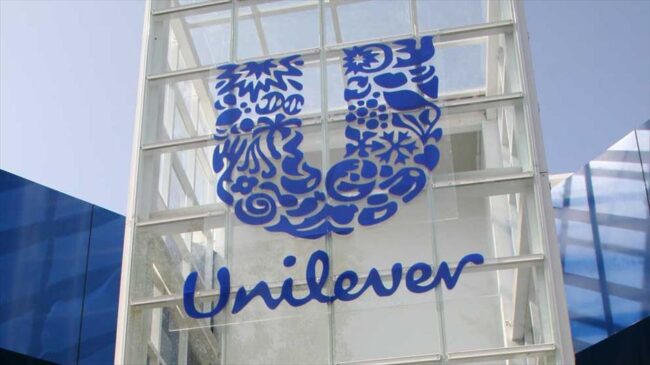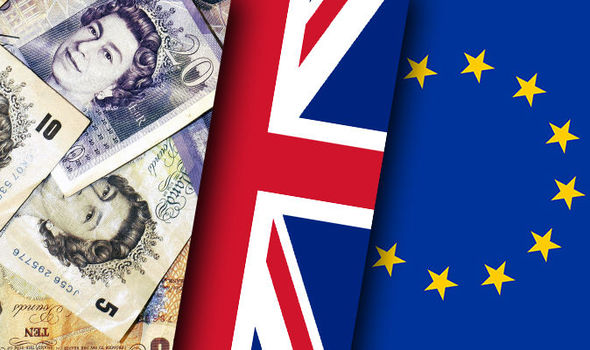Unilever Nigeria seems to have entered a year of its eventual turnaround after losing profit for the past three years running. A drop in profit by one-half in 2015 brought the conglomerate to its lowest profit figure of N1.19 billion in many years – just a fraction of its peak profit figure of N5.60 billion in 2012. An equally big rise in the first quarter of the current year is quite promising to lift profit to a three-year high.
Rising finance expenses accounted for the falling profits seen in the preceding three years. Also, a sharp drop in finance charges permitted the profit rebound reported at the end of the first quarter. The prospects for sustaining recovery to full year depend on the ability to keep interest expenses down all the way. A major strength for the company this year is coming from accelerating sales revenue, which looks likely to set a new revenue high after dropping from the 2013 peak.
The company closed first quarter trading with sales revenue of N16.78 billion, an increase of 12.5% year-on-year – an impressive record in a period of a general slowdown in business activity. The company is showing improved strength in selling for the second year, having grown turnover by 6.2% to N59.22 billion last year. That was a recovery move after its sales revenue went down by 7.1% from the all time peak of N60 billion in 2013.
Recovery in sales revenue is likely to gain momentum based on the growth record achieved in the first quarter. Turnover is projected at N68 billion for Unilever Nigeria at the end of 2016. That will be an increase of 15% over the 2015 figure and also establishing a new peak in turnover. Improving revenue capacity and a cut down on finance cost are the company’s key operating strengths impacting the income statement so far this year.
Advertisement
Unilever posted an after tax profit of N1.04 billion at the end of the first quarter, an outstanding growth of 76.4% year-on-year. That is already almost at par with the N1.19 billion net profit the company posted for its entire 2015 operations. Based on the first quarter performance, full year net profit is projected at N4.5 billion for Unilever in 2016. That would be a big turnaround for the company that has been losing profit since 2013. At N1.19 billion in 2015, the company’s profit amounted to about one-fifth of its peak profit record of N5.60 billion in 2012.
Apart from accelerating sales revenue in the current year, two favourable developments on the side of operating cost accounted for the strong profit growth seen in the first quarter. One is a drop of 33.3% in finance expenses to N546 million at the end of the first quarter. This appears to reflect a drop of 30% in short-term borrowings to N5.21 billion at the end of the first quarter from the end of year position in 2015.
The second favourable cost behaviour came from cost of sales, which moderated relative to sales revenue. Cost of sales claimed a reduced proportion of sales revenue in the first quarter at 64% compared to 66% in the same period last year. That raised gross profit margin, as income grew ahead of cost during the period.
Advertisement
The company achieved a considerable reduction in its cost-income ratio in the first quarter, which improved the ability to convert revenue into profit. Net profit margin improved from 4% in the same period last year to 6.2% at the end of the first quarter. The company closed last year’s operations with net profit margin of 2% – the lowest in several years.
It earned 28 kobo per share at the end of the first quarter, up from 16 kobo in the first quarter of last year. Earnings per share is expected to stand in the region of N1.20 for Unilever Nigeria at the end of 2016. The company earned 32 kobo in the 2015 full year and paid a dividend of 5 kobo per share to shareholders on Friday last week.







